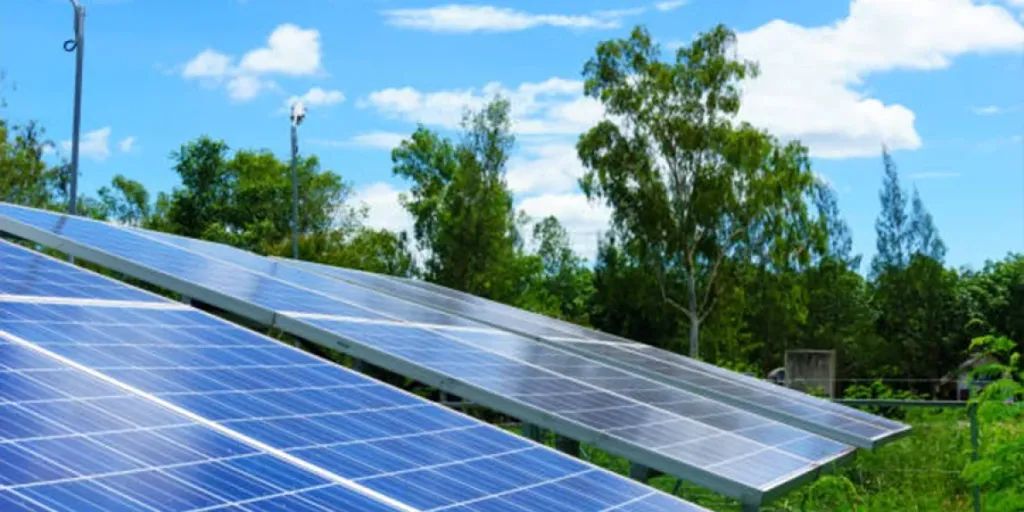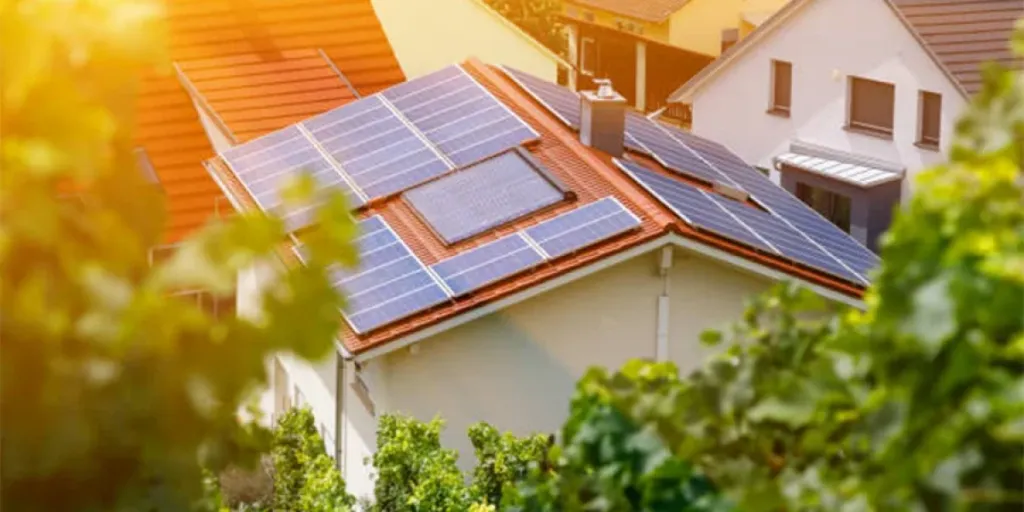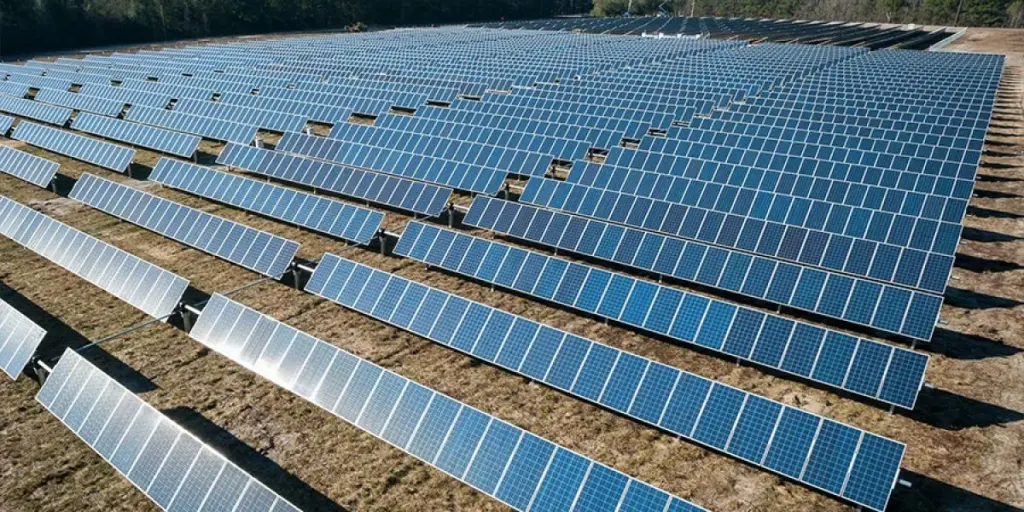- RWE and Forschungszentrum Jülich have announced an agrivoltaic demonstration project in Germany with about 3 MW capacity
- The innovative project will explore 3 different solutions to enable dual use of agricultural land
- They aim to develop suitable cultivation methods and value-adding strategies for operators of agri-PV plants
German energy company RWE along with research center Forschungszentrum Jülich is to build an ‘innovative’ demonstration project with about 3 MW (more than 2 MW AC) capacity, for agrivoltaics on recultivated land at the edge of Garzweiler opencast lignite mine in Germany, to be funded by the State of North Rhine-Westphalia.
For this project in Düren district’s Titz-Jackerath, the partners have planned to install 3 different agrivoltaic solutions to enable land to be used simultaneously for electricity generation and agricultural production. “The aim is to develop suitable cultivation methods and value-adding strategies for operators of agri-PV plants,” explains RWE.
A vertical design leaving enough space for harvesting machinery between the module rows is how the 1st system is planned. Under the 2nd system, modules are installed in rows as well, but mounted horizontally and automatically tracked to follow the sun’s movement to provide additional land to the farmer and increase yield.
The 3rd system will have modules elevated on a higher pergola-like substructure with crops as raspberries or blueberries cultivated below.
Project permit has been received and construction is likely to begin on site in Summer 2023. While RWE will bring to the table its technical expertise of building solar power, Forschungszentrum Jülich will contribute its scientific expertise.
Forschungszentrum Jülich is already operating a smaller agrivoltaic plant in Morschenich-Alt. “The larger demonstration project with RWE in Jackerath now gives us the opportunity to compare further technical solutions and investigate the growth behaviours of various crops under real conditions. That will enable us to take the insights we have already gained to a deeper level,” said Head of Plant Sciences at Forschungszentrum Jülich, Profressor Ulrich Schurr.
Recently a research by the university of Hohenheim and Thünen Institute in Braunschweig claimed that agrivoltaics can supply Germany between 169 TWh and 189 TWh clean energy annually if such installations are put up on about 3% arable land.
Source from Taiyang News
The information set forth above is provided by Taiyang News independently of Chovm.com. Chovm.com makes no representation and warranties as to the quality and reliability of the seller and products.





 Afrikaans
Afrikaans አማርኛ
አማርኛ العربية
العربية বাংলা
বাংলা Nederlands
Nederlands English
English Français
Français Deutsch
Deutsch हिन्दी
हिन्दी Bahasa Indonesia
Bahasa Indonesia Italiano
Italiano 日本語
日本語 한국어
한국어 Bahasa Melayu
Bahasa Melayu മലയാളം
മലയാളം پښتو
پښتو فارسی
فارسی Polski
Polski Português
Português Русский
Русский Español
Español Kiswahili
Kiswahili ไทย
ไทย Türkçe
Türkçe اردو
اردو Tiếng Việt
Tiếng Việt isiXhosa
isiXhosa Zulu
Zulu